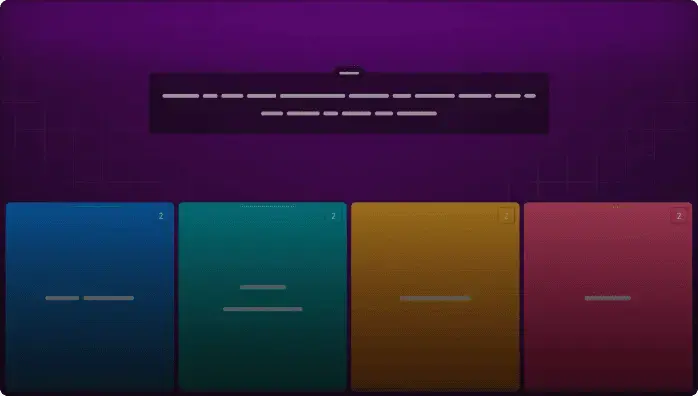
3.5 & 3.6 - Equilibrium and Changes in the AS-AD Model
Assessment
•
Melinda Unger
•
Social Studies
•
9th - 12th Grade
•
15 plays
•
Hard
Student preview

10 questions
Show answers
1.
Multiple Choice
When an economy is in equilibrium at potential gross domestic product, the actual unemployment rate is
equal to the cyclical rate
greater than the natural rate
less than the natural rate
equal to the natural rate
equal to zero
2.
Multiple Choice
The intersection of the aggregate supply curve and the aggregate demand curve occurs at the economy's equilibrium level of
real investment and the interest rate
real disposable income and unemployment
real national output and the price level
government expenditures and taxes
imports and exports
3.
Multiple Choice
In the AD−AS model, which of the following is true?
The economy is in an inflationary gap when the short-run equilibrium real output is below the long-run equilibrium real output.
The economy is in an inflationary gap when the short-run equilibrium real output is at the long-run equilibrium real output.
The economy is in a recessionary gap when the short-run equilibrium real output is at the long-run equilibrium real output.
The economy is in a recessionary gap when the short-run equilibrium real output is below the long-run equilibrium real output.
The economy is in a recessionary gap when the short-run equilibrium real output is above the long-run equilibrium real output.
4.
Multiple Choice

The diagram above shows a nation’s short-run aggregate supply curve (SRAS), long-run aggregate supply curve (LRAS), and aggregate demand curve (AD).
Based on the diagram above, which of the following describes the short-run equilibrium?
The economy is operating at full employment.
The economy is operating below full employment.
The economy is operating above full employment.
There will be downward pressure on the price level.
There is a recessionary gap.
5.
Multiple Choice

Given the graph of the short-run aggregate supply (SRAS) and long-run aggregate supply (LRAS) curves above, which of the following is true?
At point Z, the economy has cyclical unemployment.
At point Z, the economy is in long-run equilibrium but not in short-run equilibrium.
At point Y, the natural rate of unemployment is zero.
At point X, the economy is experiencing a recessionary gap.
At point X, there is no frictional unemployment.
6.
Multiple Choice
With an upward-sloping short-run aggregate supply curve, an increase in government expenditure will most likely
reduce the price level
reduce the level of nominal gross domestic product
increase real gross domestic product
shift the short-run aggregate supply curve to the right
shift both the aggregate demand curve and the long-run aggregate supply curve to the left

Explore this activity with a free account
Find a similar activity
Create activity tailored to your needs using
.svg)

AD, AS and circular flow
•

3.5-3.6 Aggregate Equilibrium
•

3.5 Equilibrium in the AD-AS Model - AP Econ
•

AD/AS - Fiscal Policy Review
•

3.5 3.6 Review
•

Mod 3.5-3.7: Macroeconomic Equilibrium
•

Equilibrium in the AD–AS Model
•

Unit 3 Quiz Changes in AD and AS
•